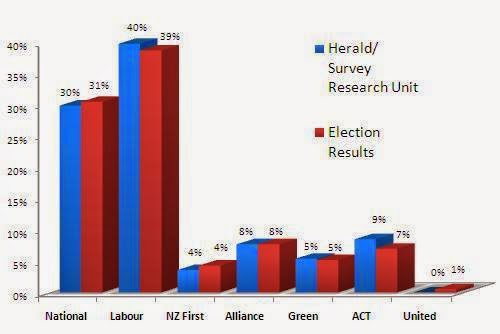Super is indexed to the average wage as well as the CPI. And as everyone knows, the proportion of the population aged 65+ is set to grow rapidly.
Labour could argue that they will offset the icreased resulting financial costs through lifting the Super qualifying age. Which gave me pause for thought.
They have gone very quiet on that front.
Here are the senior policies so far announced:
Senior Citizens
- Aged Care Commissioner
- KiwiAssure - an insurer for New Zealanders
- NZ Power: Bringing down power prices
- Support for Veterans
Here's a Radio NZ report from late 2013:
Labour Party delegates have rejected a proposal that the party drop its plan to raise the age of eligibility for New Zealand Superannuation at its annual conference in Christchurch.
At the last election, Labour campaigned on a transition to raising the age to 67 over time.
Electorate committees Northland and Coromandel both put up amendments at the party's annual conference in Christchurch on Friday to axe any move to raise the age of eligibility. But after a feisty debate, that was rejected by a substantial vote.David Cunliffe.Photo: RNZ
Instead, it was agreed that Labour would consider all options to make New Zealand Superannuation sustainable, including raising the age of eligibility.
Labour's finance spokesperson David Parker says he is happy with the amended policy.
"We've got to a really good outcome. We're given freedom to make the decisions that are necessary to ensure the sustainability of superannuation. That's what we wanted, so we've reached an agreement through our policy process that's consistent with that."
Labour leader David Cunliffe says the change is not a watering down of the policy.
"I think there is some confusion. Our policy platform is a high level in general document and it leaves room for us to fix an age. It indicates the age will rise, but it's not at a level of detail of saying how much, by when."
The policy will be debated by the whole conference on Saturday morning, but David Parker is confident it will be supported.
Clear on that?


